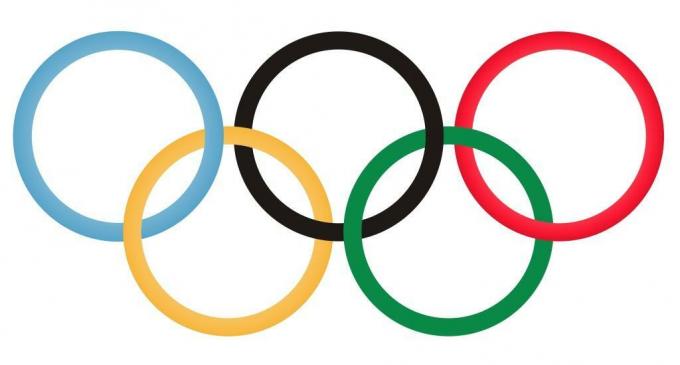iPhone users who participated in the lawsuit involving Apple known as “Batterygate” are about to receive their payouts, as set out in the court settlement.
A appleagreed to indemnify them in the amount of US$ 500 million to settle the case, in which the company was accused of deliberately reducing the performance of older models of iPhones due to battery degradation.
see more
ChatGPT creator reveals his plan if AI rebels against…
Project approved by the Chamber consolidates social control of education
remember the case
The lawsuit was filed by iPhone owners in the United States who owned models 6, 6 Plus, 6s, 6s Plus, 7 or 7 Plus and were running iOS 10.2.1 or 11.2 prior to December 21, 2017.
The iOS 10.2.1 software update released in 2017 was the source of controversy as it altered the performance of older iPhones with degraded batteries to prevent unexpected shutdowns.
Essentially, the processor in these devices has been deliberately throttled to avoid problems caused by dead batteries.
(Image: publicity)
Such a change resulted in a perception of slower performance by users. The only solution to restore this was to replace the degraded battery.
The controversy started due to Apple's lack of transparency about this performance limitation introduced by iOS 10.2.1, which caused outrage among consumers and resulted in the class action.
Apple later issued a public apology for the incident, in which it expressed regret for the rash marketing move.
Developments
The owners of iPhones who filed a claim in 2020 are now on the verge of receiving their payments.
Those who provided their information at that time are considered eligible for the payment, which will be around $65 per claimant.
The judge handling the case rejected an appeal filed by two iPhone owners who tried to oppose the settlement, thus consolidating the imminent distribution of payments.
The closing of this lawsuit marks another chapter in the ever-evolving relationship between Apple and its users.
This goes to show the importance of transparency in software updates and business practices, especially when it comes to widely used devices like iPhones.


